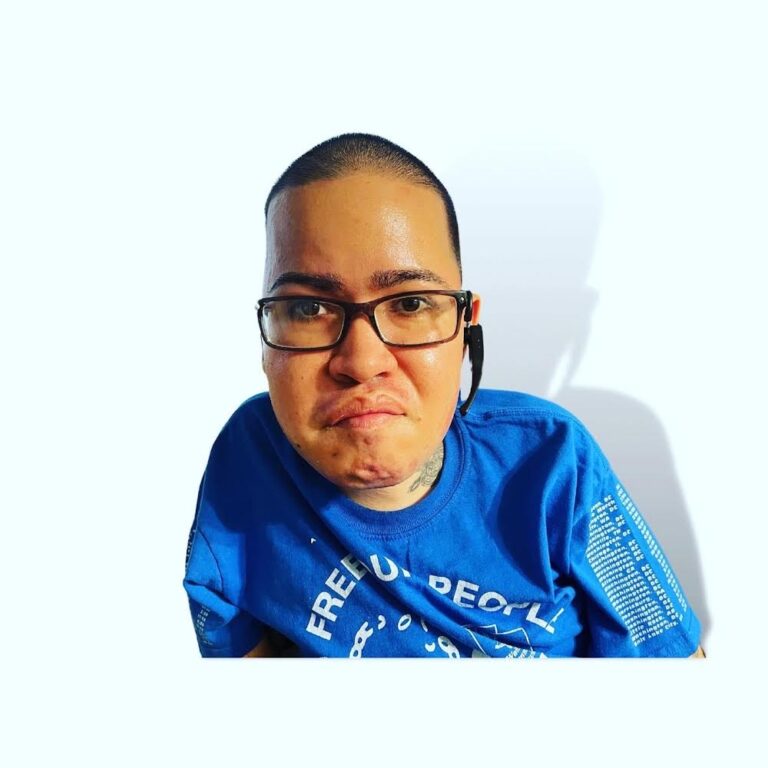
Introduction
Assisted suicide is often presented as a compassionate choice for those experiencing unbearable suffering. However, as someone who has navigated life’s challenges as a disability rights advocate and someone who was once confined to a nursing home, I see a troubling oversight in this narrative. It fails to consider the systemic barriers that prevent many disabled individuals from living full, dignified lives. This is true whether the disabling condition is viewed as terminal or not. This post explores how the discourse on assisted suicide overlooks critical issues of rights and inclusion in the disability community.
Section 1: Misconceptions about Disability and Assisted Suicide
Society frequently views disabled people as burdens. This perspective is not just harmful; it’s a reflection of deeply ingrained prejudices. Advocating for assisted suicide often comes from a place that views the elimination of disabled lives as a convenience to society. From personal experience, having lived in an institution from a young age, I know the feeling of being seen as a problem rather than a person with potential and desires. This worldview underpins the argument for assisted suicide, ignoring the intrinsic value every individual holds.
Section 2: The Real Issue: Lack of Choice and Autonomy
Proponents of assisted suicide tout it as a choice for those who find living with a disability unbearable. However, this ‘choice’ often comes without real alternatives for living a life of dignity. Many disabled individuals, including myself, face inadequate healthcare, insufficient access to necessary services, and exclusion from community involvement. When I was institutionalized as a teenager, not only was my physical freedom limited, but so were my choices for a future outside those walls. The supposed freedom offered by assisted suicide is a false choice, arising from unmet needs and societal neglect.
Section 3: The Impact of Societal Attitudes
The push for assisted suicide reflects a broader societal desire to manage or exclude those considered too challenging to support. This attitude devalues lives based on disability, suggesting some are less worth living. By endorsing assisted suicide without confronting these underlying biases, society perpetuates a message that fails to affirm the value of every individual, including people who have a terminal illness as well as those who don’t. As someone who fought hard to escape institutionalization and advocate for independent living, I see this as a failure to commit to real inclusivity and support.
Section 4: What We Truly Need: Freedom and Support
The disability community doesn’t need an easier route to death; we need robust support systems that affirm life, however long that may be. This includes extensive home and community-based services that have enabled me to live independently, policies that ensure educational and employment opportunities, and a healthcare system responsive to our needs without bias. Advocating for these changes isn’t just about improving lives; it’s about transforming societal views and expectations around disability so we can all make the best of the time we have.
Conclusion
Disabled individuals deserve the same rights to life, liberty, and happiness as anyone else. Our societal focus should be on removing the barriers that curtail these rights, not on facilitating an exit from life’s challenges. We must advocate for policies that genuinely uphold the dignity and independence of all people, drawing from stories like mine to illustrate the profound impact of true support versus the finality of assisted suicide.
Closing
As we consider the future of our society, we must decide: Will we view disability through a lens of inconvenience and burden, or will we embrace every member with equity and respect? The path we champion will fundamentally shape the community we build.
Jensen Caraballo is a disability justice advocate, writer, and activist who opposes assisted suicide laws, emphasizing their dangers to the disabled community and advocating for dignity, autonomy, and comprehensive support for all.


















